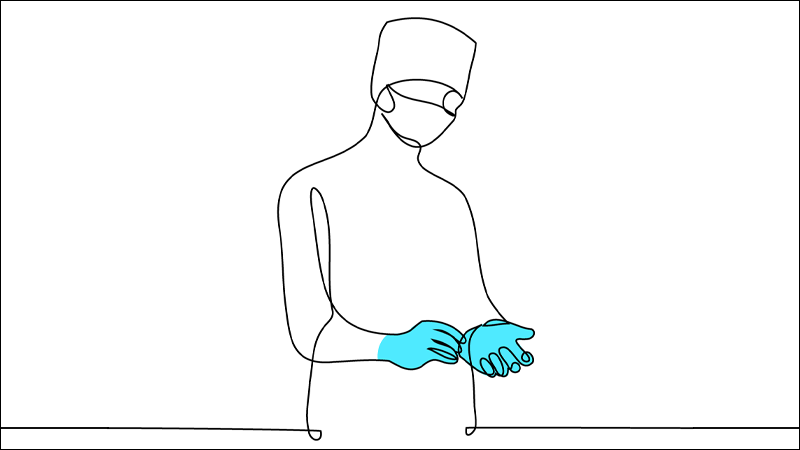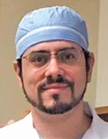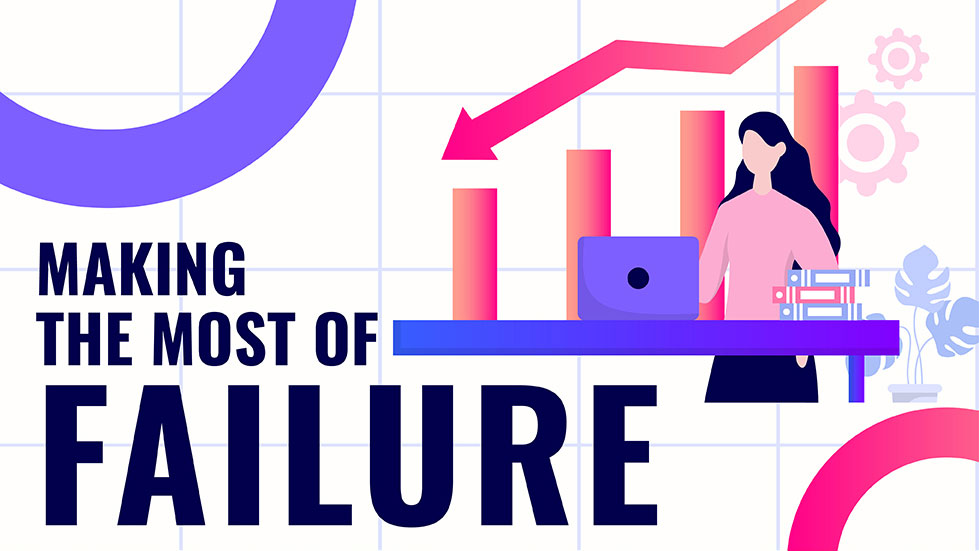
Balancing publishing with a demanding surgical practice is one of the most challenging aspects of an academic surgeon’s career. Clinical responsibilities—emergency surgeries, patient rounds, administrative duties, and on-call obligations—can easily consume most of a surgeon’s time and energy. Yet hiring and academic advancement hinge heavily on scholarly productivity, including publishing in peer-reviewed journals, presenting at conferences, and securing research funding.
While browsing the internet, I came across an interesting perspective shared by Dr. Wilson Botelho, a cardiothoracic surgeon from Brazil. He poses a thought-provoking question: “A surgeon of a thousand papers or a surgeon of a thousand surgeries?” Dr. Botelho writes and I share:
The landscape of modern medicine is marked by a striking paradox: scientific output has reached unprecedented levels, yet practical surgical experience appears increasingly marginalized.
While pursuing knowledge through research is undeniably fundamental to medical progress, an overemphasis on the sheer quantity of publications threatens to distort the true foundations of surgical excellence.
When publication metrics—citation counts, h-indices, and journal impact factors—become the primary measures of a surgeon’s value, the original purpose of academic inquiry risks being lost.
In surgery, expertise is forged not solely through literature but through the unrelenting discipline of practice. It is cultivated in the operating room, through the mastery of technical nuances, the exercise of judgment under pressure, and the management of unforeseen complications—experiences that no manuscript can fully capture.
The contemporary academic environment, however, often prioritizes research productivity over clinical acumen. Aspiring surgeons are increasingly encouraged to author papers—sometimes even on procedures they have yet to perform—as a prerequisite for career advancement. This trend, if unchecked, may produce a generation of surgeons more proficient in manuscript submission than in the fundamental art of healing.
The emergence of artificial intelligence further accelerates this trajectory. Machine learning algorithms can now assist in data analysis, manuscript drafting, and hypothesis generation. While these tools offer remarkable opportunities for accelerating scientific discovery, they also pose the risk of diluting academic rigor and distancing practitioners from the experiences that define surgical mastery.
Thus, we are faced with a critical question: will the next generation of surgeons be recognized for their library of publications, or for the thousands of patients whose lives they have directly touched through surgical skill?
Science and surgical practice are not mutually exclusive; both are indispensable. However, in surgery, theoretical knowledge unaccompanied by technical proficiency does not simply result in academic shortcomings—it translates into clinical failures, with profound human consequences.
True surgical excellence demands balance. Scientific contributions must be encouraged and celebrated, but not at the expense of the time-honored apprenticeship that transforms physicians into surgeons.
Ultimately, when a patient lies on the operating table, it is not the surgeon’s publication record that will dictate the outcome—it is the steadiness of their hands, the soundness of their judgment, and the depth of their experience.
From my perspective, when it comes to surgical care, hands-on experience is paramount. A surgeon who has spent years in the operating room, managing both routine procedures and unexpected complications, is far more reassuring than one whose expertise lies primarily in academic publishing. When things go sideways—as they sometimes do—you want someone who’s been there before, someone who knows exactly how to respond because they’ve already seen and handled similar challenges.
This is underscored in this issue, which highlights real cases where common surgical procedures took unexpected turns and required expert intervention. These scenarios demand not just textbook knowledge, but a deep well of practical experience and sound clinical judgment.
Years of rigorous training and repeated exposure to the complexities of surgery are what truly minimize complications—not a certificate from a weekend course. Surgical excellence is forged through time, exposure, and real-world problem-solving.
When complications arise, it’s the surgeon with seasoned hands and a steady mind who makes the difference!
About the authors

Bruce R Pynn is Oral Health’s editorial board member for oral and maxillofacial surgery. He maintains a private practice in Thunder Bay, ON. He is Chief of Dentistry, Thunder Bay Regional Health Sciences Center.

Dr. Wilson Botelho is a cardiac surgeon and an intensive care physician in São Paulo, Brazil. With a career spanning over a decade, he has consistently demonstrated a commitment to advancing cardiovascular care and enhancing patient outcomes. Since March 2020, Dr. Botelho has been the CEO of Alpha Iatros Medical Assistance. This prominent healthcare institution delivers cutting-edge medical interventions and compassionate patient care in cardiac surgery and intensive care medicine.











